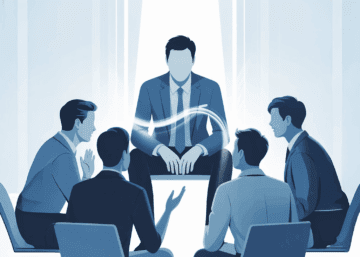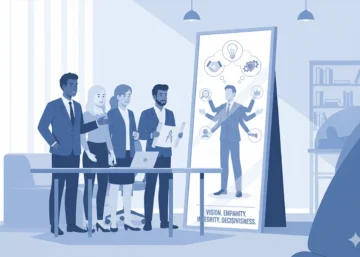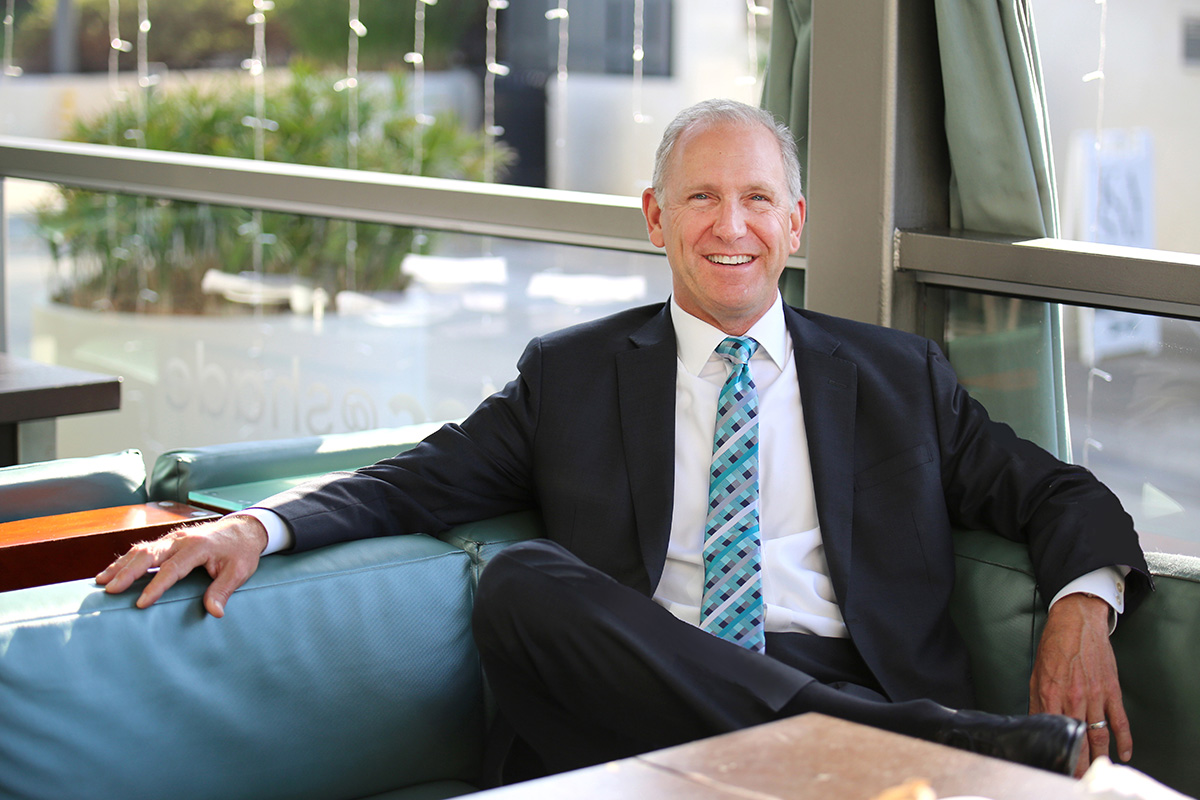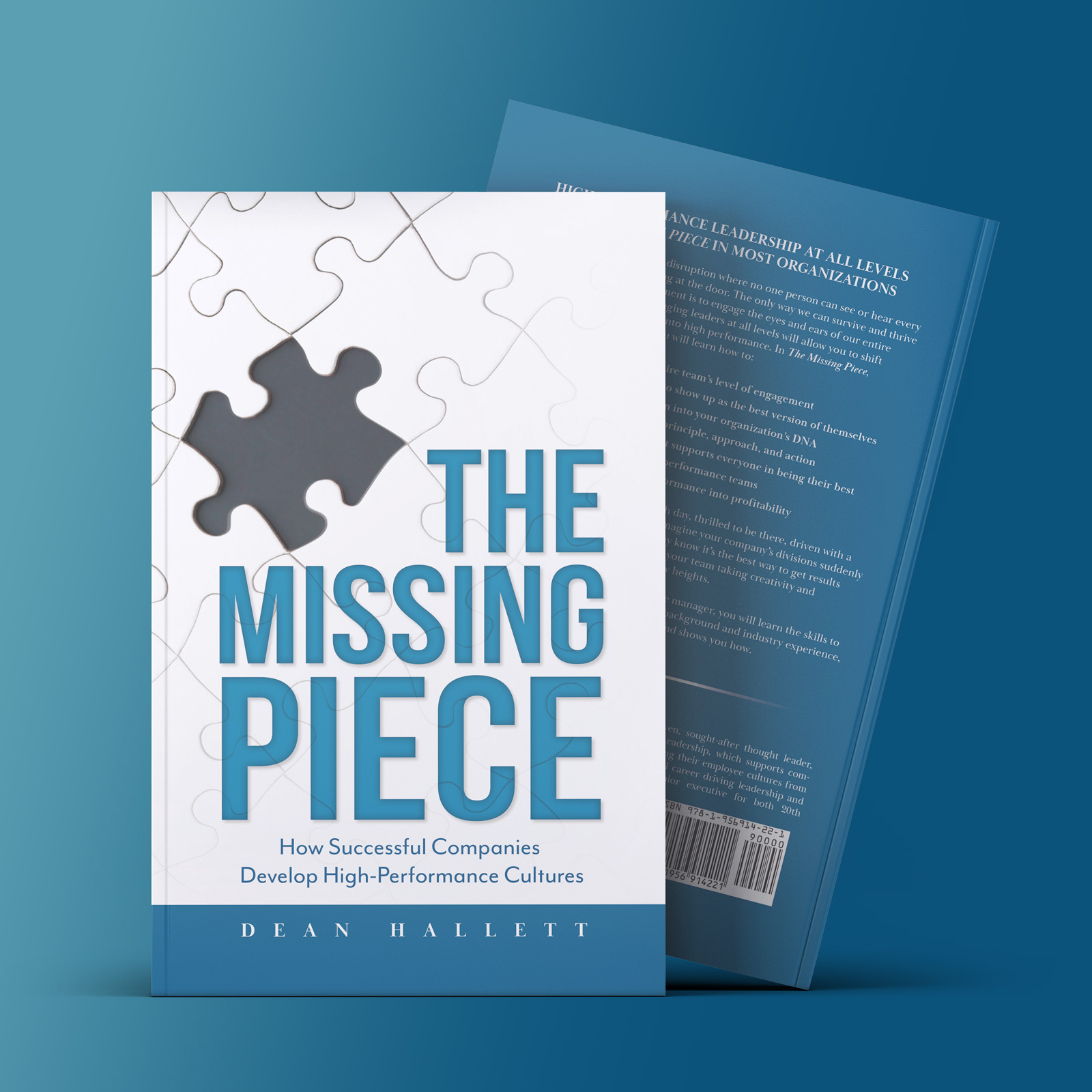High Performance Leadership Skills: Victim or Accountable?
Are you a victim of circumstances or accountable for your outcomes? This is a fundamental choice frequently written about and discussed in personal development, peak performance studies, and even spiritual literature – it is also where we begin any conversation about high performance leadership skills, because accountability is the gateway that unlocks all other leadership skills.
The choice is also connected to high performance leadership.
In terms of the workplace, what we know is that organizational cultures where high performance leadership is present share a common trait: accountable people at every level of the organization.
An Imaginative Exercise: Life As Victim / Life As Owner
At the outset of our Accelerated Leadership Program, students participate in an imaginative exercise regarding how an event in each of their lives unfolded according to two different fundamental perspectives: that of the victim and that of the owner, or accountable individual.
Similar to Jimmy Stewart in “It’s A Wonderful Life,” each participant recounts an episode in their life where they felt victimized, and then tells the story again from an accountable point of view – where they identify the steps they took that led the the end result.
Let me illustrate the exercise with a real-world example::
Background:
While working at Fox, I led the effort to design and implement the digital supply chain that would serve all of the Fox divisions, from theatrical to home entertainment to television distribution, as well as any ancillary product divisions, such as consumer products and interactive media. In the analog world, each division had managed its own supply chain, so it was disruptive and emotional for these divisions to give up areas they had controlled since the beginning of time.
At one point in the effort, we needed to staff new centralized positions that would service all of the divisions out of a group we called Enterprise Operations, and some of the operating divisions’ personnel would be highly qualified to fill these new roles.
When we hired people out of various divisions into Enterprise Operations, we received significant resistance and blowback from division chiefs, who felt they were being robbed of the talent they needed to execute their missions. As the leader of this new initiative, I was the person they blamed – very publicly – for upsetting the apple cart.
The situation presented me with the choice – to take on the role of the victim, or to be accountable for my actions and the related outcome.
Version A: The Victim Perspective
“I couldn’t believe what I was hearing! My team worked with each of the divisions to nail down the job descriptions so that I knew we had full operating group support before posting the openings. We posted the jobs on a Friday, but by Monday morning one of our divisions, as well as its division president, was suddenly up in arms as to why we posted the jobs without informing them!!
The individuals in question were saying we should have consulted them about the timing of the job postings so they could sit down with their team and provide appropriate career counseling, and plan for possible vacated roles in their division. They were making a lot of noise about the incompetence of Enterprise Operations, and claimed that their customers would suffer.
I didn’t understand why they were reacting like this. The reality was that their team members could move to new roles in Enterprise Operations and continue to be responsible for the needs of their division, with literally no lapse in service!! I felt completely sabotaged!!”
Version B: The Accountable Perspective
“I knew how sensitive this division would be to the changes brought about by Enterprise Operations. Their entire philosophy was always THE CUSTOMER COMES FIRST. They had serviced their customers exceptionally well for decades, and had a right to be fearful of a new group stepping into their area and independently interacting with their customers.
In addition to this fact, Fox always ran lean, with most employees doing the work of 1-½ people, so losing some of their team members to Enterprise Operations gave them less flexibility to handle crisis situations. Rather than working around the daily fear-driven pushback from that division, I could have spent more time with their president, getting him comfortable with the steps we were taking, and helping to alleviate his fears. In other words, I could have pulled him in as a full partner to drive the new agenda forward.
By not addressing the division’s concerns directly, I actually stoked their fears, and ultimately exacerbated their reaction to what was truly the right thing to do for the company.”
Summary
You can clearly see the difference in the two versions of the story. In the first version, I felt victimized by outside forces over which I had no control. In the accountable version, I could see the steps I had taken and those I had avoided that ultimately contributed to the breakdown. As a result, it became a learning experience for me.
Stop, Look & Choose
At the end of the exercise, most participants see more clearly how they can stop, look and choose attitudes, behaviors and actions to influence the outcome they desire. While we may not always get the result we believe we want, seeing opportunities where we can choose our attitudes, behaviors and actions can be very empowering.
Most students claim their reason for choosing accountability is an opportunity to experience their own personal power; the sense of being in charge of their life, and treating everything as a true choice, even the outcomes they didn’t consciously choose!
While the choice between victimhood and accountability seems like a no-brainer, it is worth taking a moment to explain the benefits of playing the victim. There are three:
The Three Benefits of Playing the Victim
Experiencing events as a victim does come with benefits and payoffs – otherwise that approach wouldn’t be so enduringly popular. The first benefit is that the individuals need not be responsible for their results, including their failures.
The second benefit is that victims can trade in the currency of sympathy and commiseration with other people who have chosen the same path. Having a community of people to “share one’s burden” in order to avoid feeling alone can be very tempting.
The third benefit is that individuals can choose to remain comfortable instead of confronting challenge. In this case, the challenge lies in looking within themselves and facing their shortcomings in order to learn a lesson ( even if learning the lesson might keep them from placing themselves repeatedly in challenging circumstances).
In short, individuals who choose the path of accountability, and the personal power that accompanies it, must renounce the benefits of victimhood. Those willing to do so earn the privilege of sitting in the driver’s seat of their lives.
The Ideal: An Organization of Fully Accountable Teams
It is not surprising that participants in the exercise choose accountability. The people in question are being groomed for leadership roles, and tend to seek out the best tools and mindsets for high performance leadership.
Having discussed the choice between victimhood and accountability, we can consider the question from an even higher perspective:
What would the organization look like if all people and all work teams became fully accountable for their contribution — including both successes and failures?
After some discussion, we ask participants to envision a workplace of fully accountable individuals and teams. At the end of the session, each person receives a homework assignment:
To choose one area in their lives where they could take full accountability.
That area could be a project, a personal relationship, or a goal where they’ve fallen short…
What is that one thing for you?
Toward A World Of Fully Accountable Individuals
Consider this: when you find certain circumstances in life repeating themselves over and over… perhaps there is a lesson for you to learn. An accountable person quietly pursues the lesson, and withholds the blame.
Where in life do you find yourself a victim of circumstances over and over again? Is there a lesson for you that if learned might set you on a new, positive trajectory?
Have a healthy and prosperous New Year!





